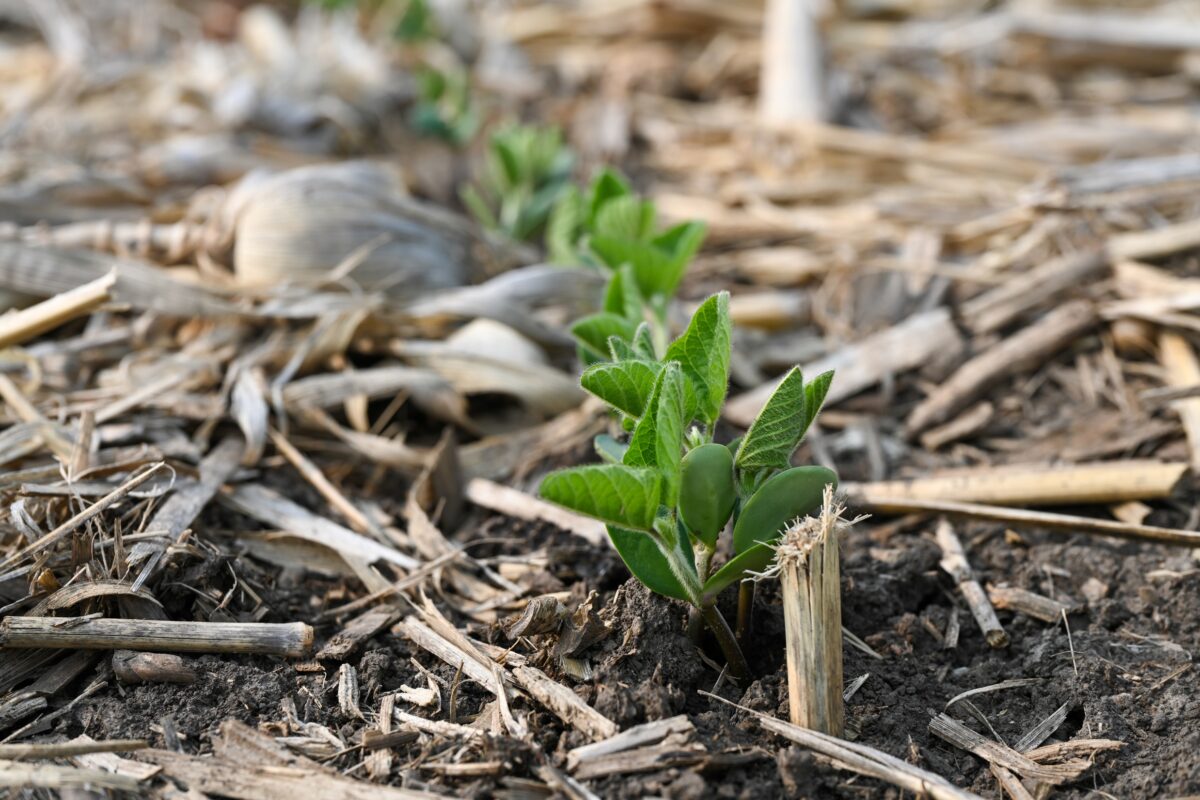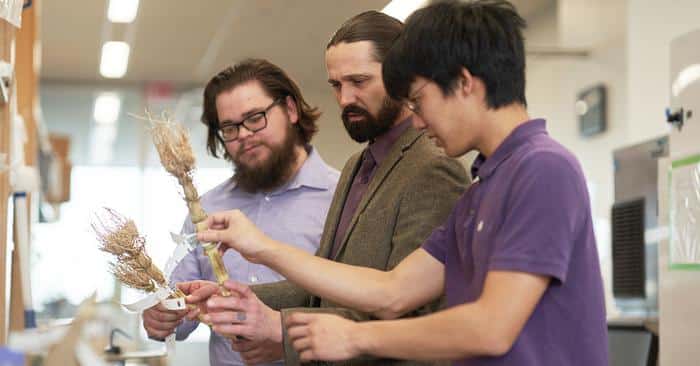Farmers for Soil Health supports soil health while putting money directly into farmers’ pockets. With open enrollment, the program is set to expand cover crop adoption, aiming for 30 million acres by 2030.
Farmers for Soil Health (FSH) is leading the way in sustainable agriculture, putting control and financial benefits directly in farmers’ hands to drive impactful soil health initiatives at the farm level. Enrollment is now open for this ambitious program, offering farmers an opportunity to both improve soil health and receive financial support. In its inaugural year, 238 farmers joined FSH, collectively covering over 78,000 acres—a significant step toward the program’s goal of doubling cover crop acreage across the U.S. to 30 million acres by 2030.
Supported by major commodity groups in corn, pork, and soy, alongside partners like the National Fish and Wildlife Foundation and USDA’s Partnerships for Climate-Smart Commodities, FSH provides financial incentives and technical assistance to corn and soybean farmers adopting cover crops. The program is built for ease, with streamlined enrollment and satellite-based remote monitoring and verification was detailed in a recent United Soybean Board news release.
“As farmers, protecting the land is personal, and it’s about preserving our family’s legacy,” Neal Bredehoeft, a soy checkoff farmer-leader from Alma, Missouri, said in the release. “Our farm has been in the family for over a century, and we’ve always prioritized soil and water conservation. My brothers and I have practiced no-till for 30 years and have been using cover crops for nearly a decade. These conservation practices help keep our soil and nutrients where they belong, and Farmers for Soil Health provides even more tools to ensure sustainable farming practices for future generations.”
FSH offers two payment options: farmers planting new cover crops receive a transition payment of $50 per acre over three years, while farmers already using cover crops are eligible for a one-time payment of $2 per acre. Participating farmers engage in measurement, reporting, and verification to track progress, supporting the expansion of cover crop use.
“Farmers for Soil Health is unique in that it provides a couple of key factors that we know will enhance the adoption of cover crops,” says Ben West, executive director of FSH. “Technical assistance gives farmers valuable insights, showing them what science recommends and how to apply it to their farms. Equally important, direct financial support helps farmers manage risks and strengthens their commitment to these practices for the long haul.”
Eligible farmers in 20 states—Delaware, Illinois, Indiana, Iowa, Kansas, Kentucky, Maryland, Michigan, Minnesota, Missouri, Nebraska, New York, North Carolina, North Dakota, Ohio, Pennsylvania, South Dakota, Tennessee, Virginia, and Wisconsin—can now enroll in FSH’s cost-share programs.
“With support from Farmers for Soil Health, which was built by farmers, for farmers, we can continue improving soil health,” Bredehoeft explains. “This initiative not only helps cover adoption costs but also offers technical support and links us with supply chain partners. It’s flexible, meeting farmers’ needs whether they’re planting cover crops now or post-harvest.”
For more information or to enroll in cover crop payments, visit farmersforsoilhealth.com.











